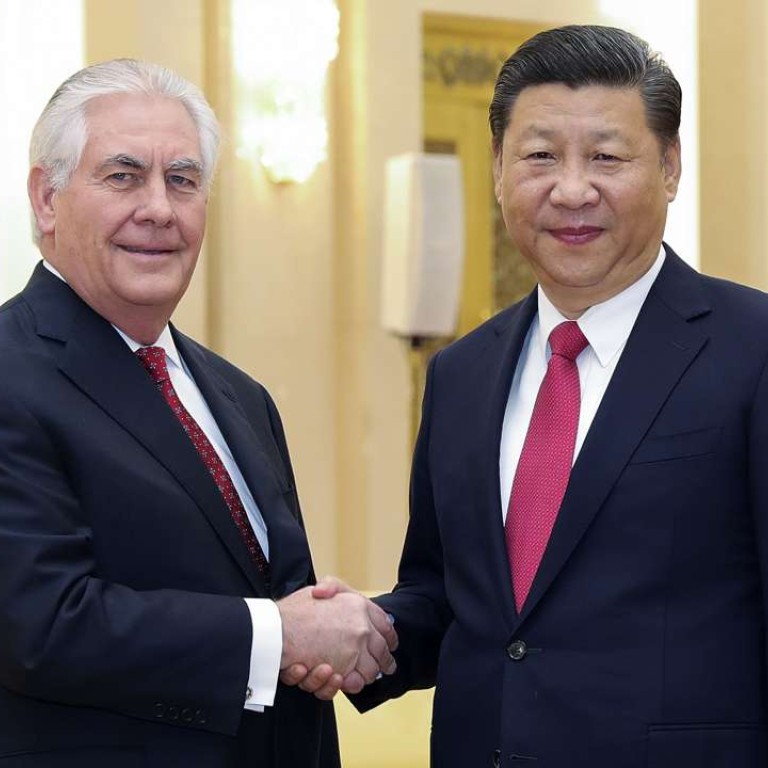Advertisement
Advertisement

Establishing good communication should be the goal for US-China summit
Many of the issues between the two nations require a lot more time and diplomacy, so as a first step presidents Xi and Trump should look to build mutual trust
Expectations are always high ahead of summits between the leaders of China and the United States. That is especially so as presidents Xi Jinping (習近平 ) and Donald Trump prepare to meet after months of uncertainty about the shape of American foreign policy. But while there are significant issues to be discussed, the two days of talks in Florida this week have to be more about building personal rapport and finding common ground than reaching agreements and striking deals. Constructive ties between the world’s two main powers can only come through communication and understanding.
There is no shortage of issues that need to be discussed. Trump’s “America first” agenda and desire to reduce his country’s leadership role in the world directly impacts China. During campaigning for the US presidency and since taking office, he has made much of the trade imbalance, alleged currency manipulation and perceived Chinese role in ending North Korea’s nuclearisation. He tweeted last week that the meeting at his Mar-a-Lago estate “will be a very difficult one in that we can no longer have massive trade deficits and job losses”.
But as significant as these matters are, they are too complex to be resolved at a single meeting. Trump has yet to name his China and East Asia teams and outline his policy towards the region.
As a political outsider with no prior experience of public office, he is still finding his feet almost 100 days after taking the presidency. For Xi, the summit is therefore mostly about getting to know the leader and learning which of his appointees is influential.
Traditionally, the secretary of state steers American foreign policy, and Rex Tillerson gave that impression when he visited Beijing last month. He echoed Xi’s remarks made last November about working together. That should be the basis of relations between the world’s two leading powers, yet there are those among Trump’s advisers who believe otherwise; they are why Trump, when president-elect, ignored decades of protocol by speaking to Taiwan’s leader, Tsai Ing-wen. The president has since pledged in a call with Xi to uphold the “one China” policy, a move apparently precipitated by Jared Kushner, his son-in-law and trusted senior adviser.
Whether Trump will come through with threats on trade, North Korea and the South China Sea are among uncertainties ahead of the summit. They may not even be mentioned; much depends on which of Trump’s advisers has his ear. Regardless, these are complicated subjects that require time and negotiations. The meeting is therefore mostly an occasion for Xi and Trump to understand one another and build a solid working relationship that is mutually beneficial. Good communication is essential to avoid misunderstandings.

Post
